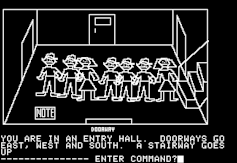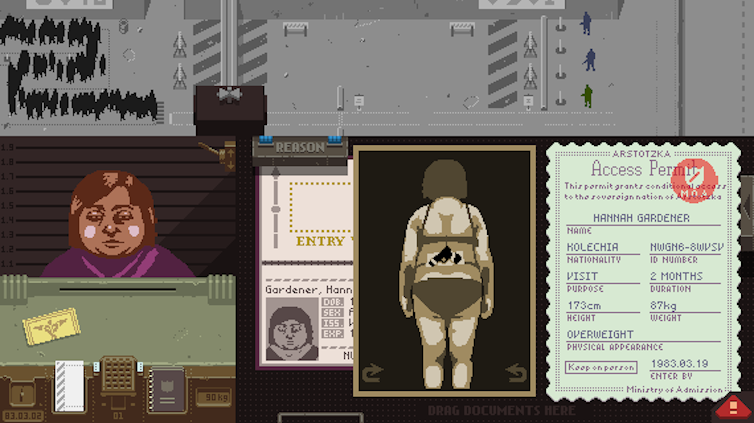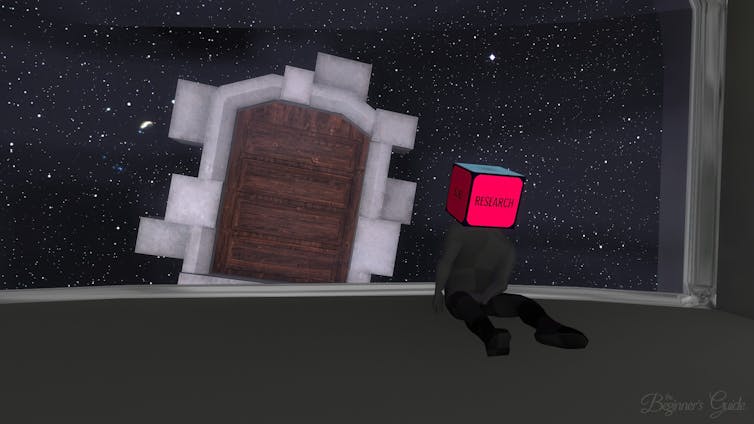In October 2016, the Swedish Academy announced that it would award the Nobel Prize in Literature to singer-songwriter Bob Dylan, who “has created a new poetic expression within the great American song tradition.” This decision came as a shock. For the first time, a musician has won the most prestigious literary award on the planet.This sparked debate, with many questioning the decision and even ironic suggestion That a novelist can aim to win a Grammy Award.
The debate has led to a much-needed debate about the boundaries between poetry and song, but the question of what constitutes literature is broader. Does that mean the same thing as in 1901, when the first Nobel Prize in Literature was awarded?
high culture and low culture
These questions go back much further than 2016. In the late 1950s, a group of professors at the University of Birmingham founded a new interdisciplinary field of research called cultural studies to ask new questions. What was the role of television and other popular media in the development of culture? Are there good reasons to distinguish between high and low culture? What is the relationship between culture and power? Is it?
All of these questions are still relevant to current debates over literature. The word “literature” is often a symbol of status, a stamp of approval that distinguishes “high” culture from “lower” culture, which is more vulgar and less valuable. Comics, for example, were not invited to join the club until recently, partly due to rebranding under the more respectable guise of “graphic novels.”
According to Merriam-Webster Dictionary, literature exhibits “good form or expression and the expression of ideas of enduring or universal interest.” The reason that artists like Bob Dylan were able to win the Nobel Prize seems to be thanks to literature's characteristic of “excellence in form and expression,'' which is not strictly limited to the written word.
But how can we explain other language-based forms of expression? If performances such as theater and songwriting can be considered literature, what are the limits?
Word games: text-based video games
According to data from video game data consultancy Newzoo, more than 3 billion people around the world play video games, nearly half of the world's population. In Spain alone, 77% of young people play video games, making video games a very important part of the culture. But what does this have to do with “excellence in form and expression”? To answer this question, we need to look back several decades.
When the first video games were developed in the 1950s, two distinct genres emerged. One was action-oriented (such as his pioneering 1958 game) tennis for two), the other is text-based. The original written games, known as “interactive fiction,” consisted only of text, and the player's job was to use the keyboard to read information and make decisions that determined the outcome of the game.

Wikimedia Commons
It wasn't until 1980 that adventure games started incorporating images. mystery house It was the first “graphic adventure” game. These reached his heyday in the 1990s. Famous examples include his first two. monkey island Games (1990, 1991), tentacle day (1993), full throttle (1995), and grim fandango (1998), although there were many others. Despite advances in technology, these games inherit some features of interactive fiction, including the dominant role of text.
The experience of playing one of these titles isn't all that different from that of a book, including the possibility of reading, pausing, and backtracking. Players will spend most of their time interacting with various characters for information, story, and even small talk and jokes that are irrelevant to the progression of the game, as well as footnotes and subplots.
Some classic adventure games have direct links to literature. criminal monastery (1987) is the Spanish version by Umberto Eco. rose nameWhile doing the legendary rape sword fight, The secret of Monkey Island Written by science fiction author Orson Scott Card.in mist (1993), the gameplay itself revolves around two books.
Literature on the screen: “story-heavy” games
In recent years, a new subgenre of adventure games known as “story-rich” games has gained popularity thanks to independent creators and producers.in Please give me the documents (2013), border patrol agents in a fictional dictatorship deal with terrifying moral dilemmas on a daily basis.in fire watch (2016), players take on the role of a forest ranger who investigates a conspiracy with a walkie-talkie.in Return of Obra Dinn (2018), players must recreate a tragedy on the high seas using an unfinished book and a strange compass. In all of these cases, the gameplay and visuals take a backseat to the strong narrative.

Please give me the documents
A typical example is: stanley's fable (2011), players take on the role of an employee working in a strangely deserted office. They must explore several hallways, trying and failing to interact with their surroundings while listening to the voice of a mysterious narrator. Upon reaching a room with two open doors, the voiceover states that Stanley “entered the door on the left.”
Players can choose to follow or disobey instructions, incurring the narrator's wrath, much like the grand finale of Miguel de Unamuno's 1914 novel. fogthe protagonist speaks directly to the author.
Each decision opens a new path that leads to dozens of endings, similar to a “choose your own adventure” book. The fragmented, chaotic narrative and its playfulness are reminiscent of Julio Cortázar's 1963 novel. hopscotch. The game playing experience is characterized by postmodern literary features such as metafiction, intertextuality, and parody, as described by critics such as Mikhail Bakhtin and Linda Hutcheon.
One of its creators, critical studies graduate Davey Wreden, also Beginner's guide (2015) is a game in which players travel through the levels of a failed video game to learn more about a mysterious creator. In one, the player's task simply consists of wandering around a virtual cave and reading the countless comments left there by other frustrated players.

Steam/Beginner's Guide
In recent years, a genre called digital/electronic literature has emerged, including books with QR codes, works that can only be read with VR headsets, and poetry collections published as apps. These works are fundamentally based on language, and the question arises why video games do not also fit into this category.
This discussion is even more relevant today, as digital formats have an undeniable impact on our reading habits. Just as today we accept oral culture and popular music as literature, perhaps one day we will do the same with interactive stories such as: stanley's fable. Writing has always sought to break away from established ideas, and we know that literature is not limited to words on paper. Sometimes it is beneficial to disobey the voices in your head and walk through the door on the right that leads to new and unexplored possibilities.


